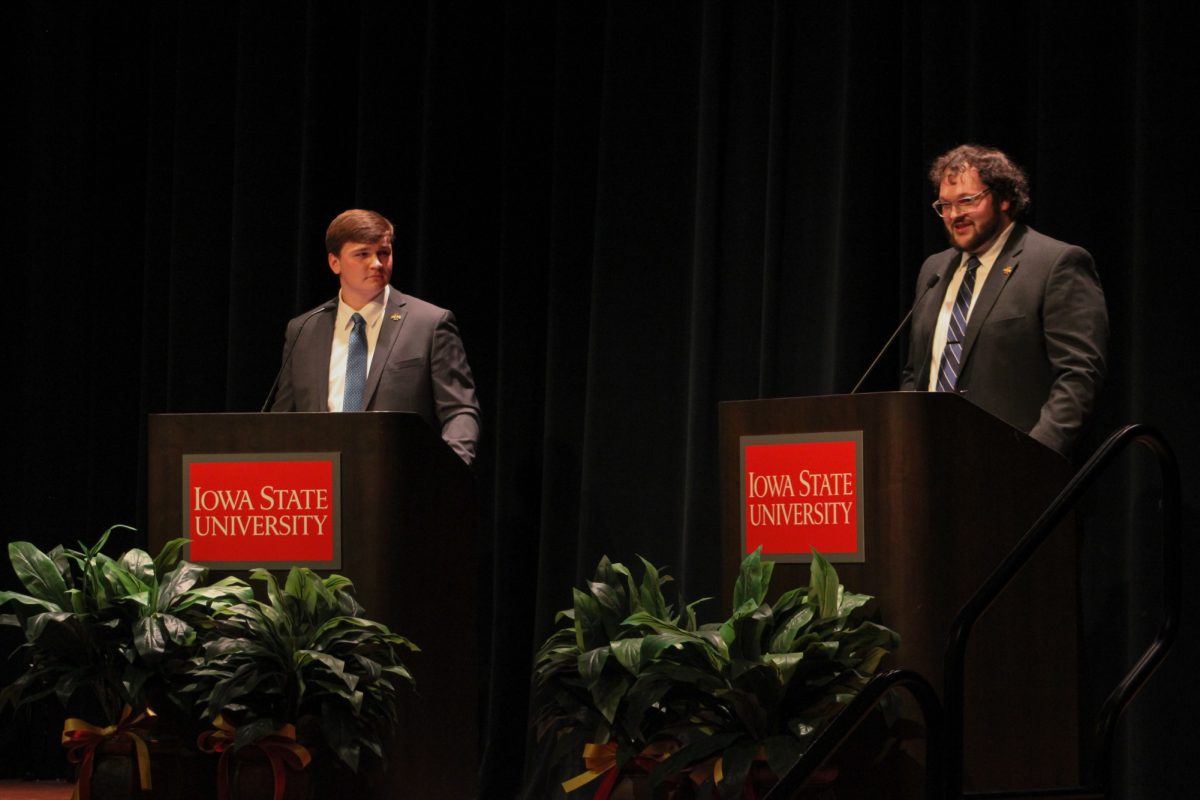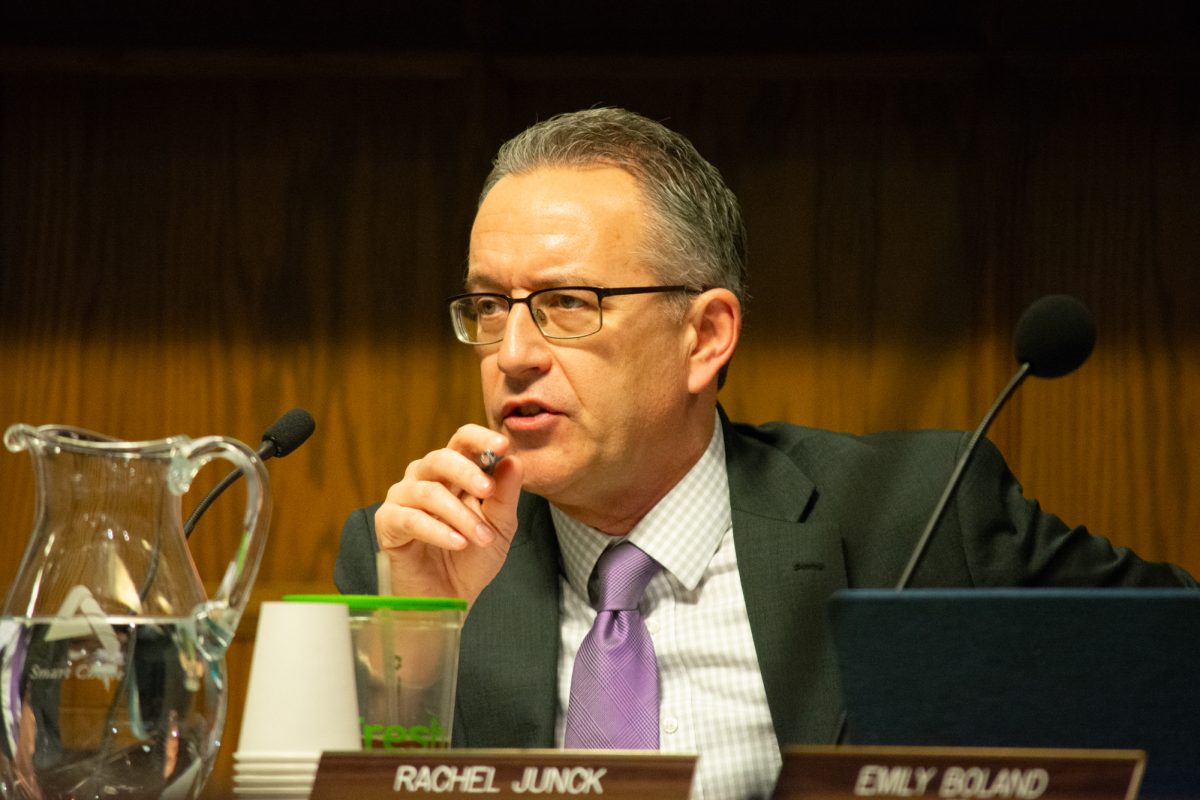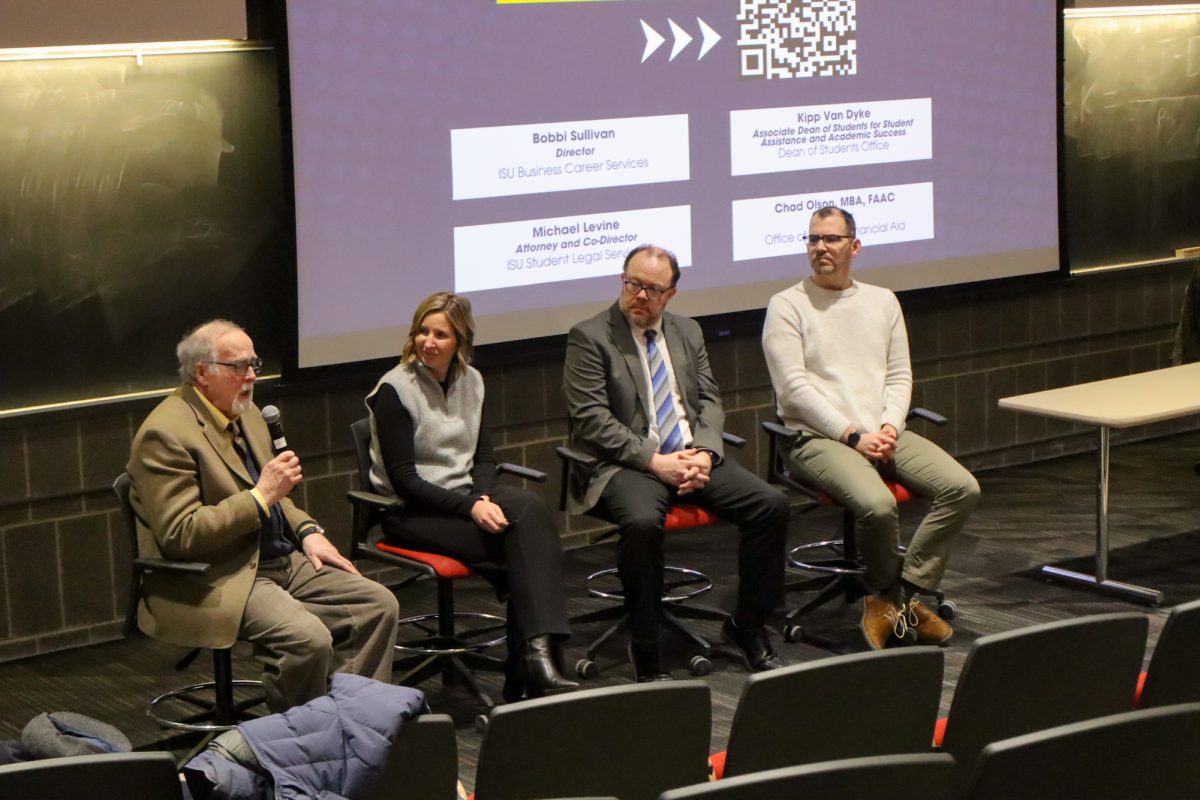Letter: Consider the future when making choices
April 5, 2015
I waited to submit my comments so as to give my response deep thought, focus on new issues I hadn’t considered and address the bottom line.
I retired as trails coordinator at the Iowa Department of Natural Resources (IDNR) after 30 years overseeing projects across the state. This required presenting numerous public meetings representing the public good. Our responsibility as public employees, utility board members or plain citizens of Iowa is to consider future generations. This helps me immensely in making decisions, both small and large.
During the last few days, I re-read the hundreds of heartfelt responses. Most of the comments in support were from individuals who were going to benefit in the form of short-term jobs, selling supplies or direct payments. The majority of comments in opposition were from women, young people and groups stressing the government misuse of eminent domain for private gain and the tragedy of a possible spill. In simple words, they were speaking for the land, private property rights and future generations.
I have researched, attended two meetings provided by the corporation and a meeting with the IUB representatives. I have found considerable misinformation and heard multiple contradictory answers. Many vital questions have been left unanswered. Your decision will not publicly answer these questions and will leave them until there is a problem.
Many of the trail projects I supervised required permits from the United States Army Corps of Engineers. These permits invoked Section 404 of the Clean Water Act, the National Environmental Policy Act (NEPA), the Threatened and Endangered Species Act and the Historical Preservation Act. This pipeline also requires the Corps to provide review prescribed by NEPA. Most importantly, due to the pipeline’s multi-state magnitude, this pipeline should require an independently prepared Environmental Impact Statement (EIS) for public review and comment.
The IUB should not consider this application until after the Corps has approved the EIS and issued its Record of Determination (ROD) and Findings of No Significant Impact (FONSI). Otherwise, your approval for this project would provide little if any more scrutiny than putting a trail or road on public lands. It is beyond question that a Limited Liability Corporation, given the power of eminent domain over private property by three, politically appointed board members will be the largest property seizure in the history of the state and will not benefit the public good now or in the future.






